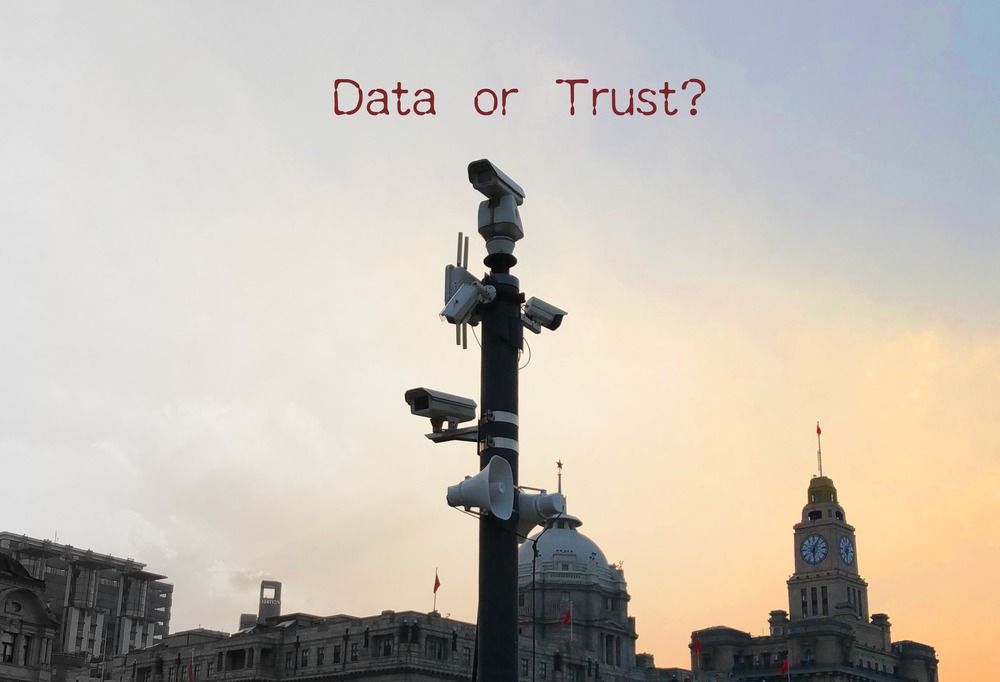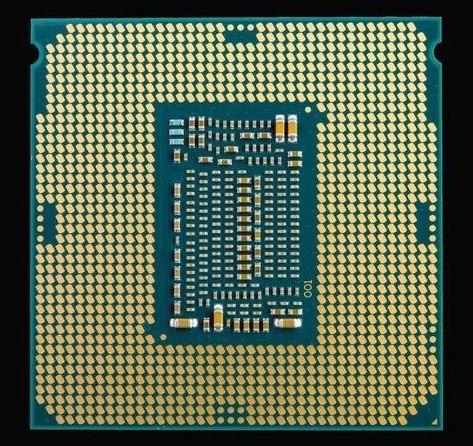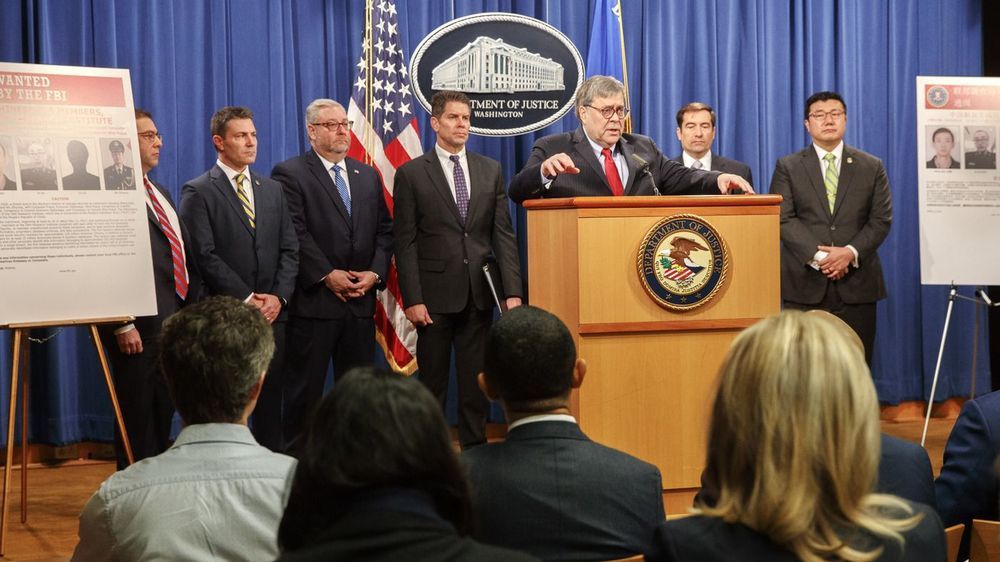Customers’ trust and their data, which is more important to a company? “As the American organizational consultant, Warren Bennis, stated: “Trust is the lubrication that makes it possible for organizations to work”, growing customers’ faith has once been the most important thing for the survival of a business. But as time goes by, it seems that a new kind of business strategy that violates the trust-first dogma has been formed, and it should be known as the “data-first” strategy since the top priority of it is to gather customers’ data…” https://bit.ly/2ZUMykT #data #privacy #trend #technology #datascience #business #businessstrategy #dataeconomy #businesstip #privacyaware #onlineprivacy #cybersecurity #cybersecuritythreats
Like it or not, customers’ data has become the new gold for today business, and consequently it’s time for all of us, both consumers and enterprises, to rethink about where’s the thin line between normal data use and data abuse. In the rest of this article, we’ll point out a few directions where people can be looking at this problem, and hopefully it can help you to obtain your own answer.










